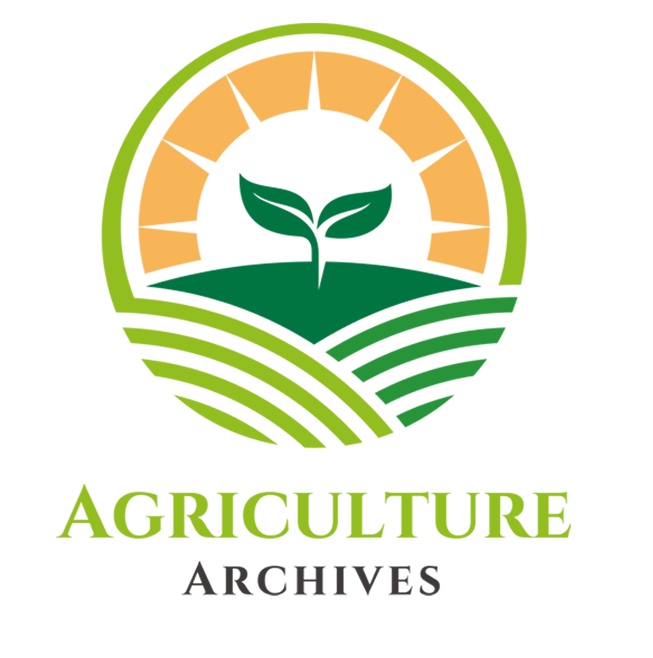Soybean yields output remains low due to the acidity of the soils in western Kenya. Aluminium toxicity is common in acidic soils and detrimentally affects the nodulation and yield of crops. It is important to investigate the effect of rhizobium inoculation of Soybeans on growth and yield. This study aims to examine the effects of inoculating Rhizobium in soy beans under aluminium application, to determine if it is possible to increase the output of GAZZELLE, NAMSOI, and TGX genotypes. The experiment was conducted at Maseno University under greenhouse conditions. In RCBD, eight treatments, three genotypes, and three replicates were employed. Aluminium accumulation, assessment of nodules, fresh weights, dry weights, number of seeds and seed weights at harvest data was collected. Tukey`s HSD tests at 5% was used to separate means. The genotype GAZZELLE was significantly lower (p<.05) compared to TGX at T1, T3, T5, T6 and T7 when Al accumulation was determined. This indicate the possibility of faster cell division in TGX plant roots that eventually limited nodulation and yield. Dry weights of nodules for TGX were significantly different at (p < 0.01) when compared to those of GAZZELLE and NAMSOI. Therefore, under Rhizobium inoculation and Aluminium application, Al may have interfered with Fe2+ capturing of bacteria in the latter two genotypes. Similarly, Rhizobium inoculated genotypes had significantly higher (p<.05) number of pink nodules under the Al application. Mean of NAMSOI was significantly higher (p<.05) compared to TGX for both total dry weights and dry weights of 100 seeds when treated with Rhizobium and Al. GAZZELLE and NAMSOI had a generally better performance when yield was considered. These results demonstrate that Rhizobium inoculation improves soy bean yield and mitigates the effects of Al. It, therefore, followed that Rhizobium-inoculated genotypes GAZELLE and NAMSOI are recommended for cultivation in acidic soils prone to Al.
